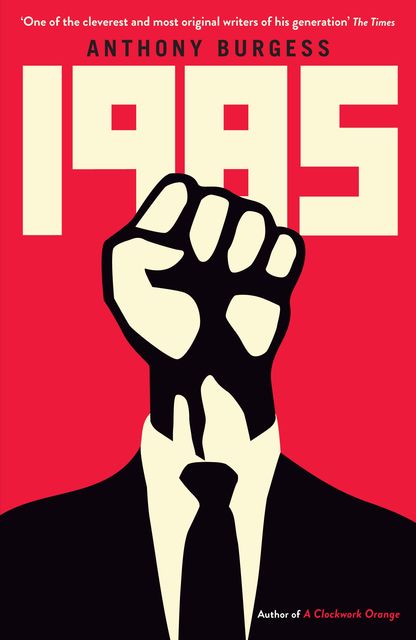This book is currently unavailable
342 printed pages
Impressions
- Kristin Moseleyshared an impression5 years ago👍Worth reading
Quotes
- Мария Евдокимоваhas quoted6 years agoYouth is part of a process, but it is important to the young that it be represented as a quasi-permanency, something static, almost spatial.
- Мария Евдокимоваhas quoted6 years agostructure for building one. Bakunin made an idiosyncratic dialectic for his own use. History was moving towards the building of a better world, therefore new things were better than old. If you destroyed old things, new things came into being to take their place. Ergo, let us all start to destroy old things.
- Мария Евдокимоваhas quoted6 years agoHegelian definition of the human spirit – ‘an I that is a we and a we that is an I’ – seems to be reflected in Bakunin’s own ‘I do not want to be I, I want to be We,’ which in turn gives a meaning to Zamyatin’s title We.
fb2epub
Drag & drop your files
(not more than 5 at once)


